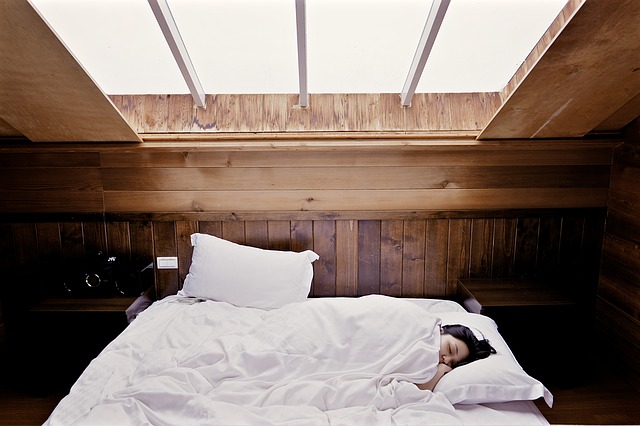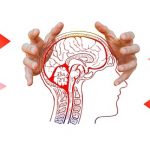Why do we get insomnia?
Insomnia is a sleep disorder that prevents falling asleep and staying asleep. Insomnia leads to daytime sleepiness to the point where it can be difficult to function. Some people find that they cannot fall asleep, no matter how tired they are. Others cannot stay asleep no matter how little they have slept. It can occur for just a few days, or it can be chronic and last for a long time.
You are more likely to get insomnia if you are a woman or over the age of sixty. This is due to normal hormonal changes or shifting sleep cycles with age. Stress is another common factor that can lead to sleep disorders, as well as not keeping a regular sleep/wake cycle. Overall, it is important to consider what factors may be playing a part in sleep disorders so that a proper treatment plan can be developed. Insomnia may be a symptom of a physical or mental health disorder, so a visit to the doctor may be a good idea.
What are some at-home treatments?
To prevent insomnia, it is best to avoid as many risk factors as possible. Although you cannot control your age or hormone levels, you may find that overall health encourages good sleep patterns. Speaking of patterns, try to maintain regular bedtimes and waking times. This will help your body anticipate sleep and wake. Getting plenty of sunlight and exercise is also very beneficial to natural sleep/wake cycles. Be sure to limit caffeine and avoid taking naps.
Stress and negative thoughts can prevent restful sleep. Even the frustration of not being able to sleep can make it more difficult to sleep. This is why learning to manage stress is critical to fight insomnia. Meditation, yoga, and other relaxation techniques can all be very useful. Your bedtime and bedroom should be relaxing. If you find yourself getting frustrated because you are still awake, get out of bed for a short time.
How can a doctor help?
If none of the above measures seem to be helping, it may be time to visit your doctor, especially since insomnia may be the result of an underlying condition. Your doctor may suggest cognitive behavioral therapy (CBT). There are several types of CBT that may be useful. It may be used to alleviate stress and negative thoughts that prevent sleep. You may learn advanced relaxation techniques or be advised to restrict your sleep.
Prescription drugs may be taken for a short time, but they are rarely used long term. They have side effects, such as daytime sleepiness, and they can be habit forming. Over the counter medications are available, but it is still best to speak to your doctor about the insomnia. Again, the medications have side effects that you should consider before trying them. Melatonin is a popular supplement that is thought to induce sleepiness, but it has not been shown to reduce insomnia. Working with your doctor, you can develop a treatment plan that fits your lifestyle.
A more rational approach would be herbal supplement or natural drugs, like CBD (cannaboids) – which is the non psychoactive ingredient of Marijuana / Cannabis. Several people have reported that ingesting CBD capsules or a CBD tincture a few hours before their bedtime has improved their insomnia. Just check out youtube, or some of the most popular forums for success stories and anecdotal evidence. If you are interested in trying CBD for insomnia, it is of utmost importance to talk to your doctor first, as CBD is still a controlled substance in most states.






















Follow Us!